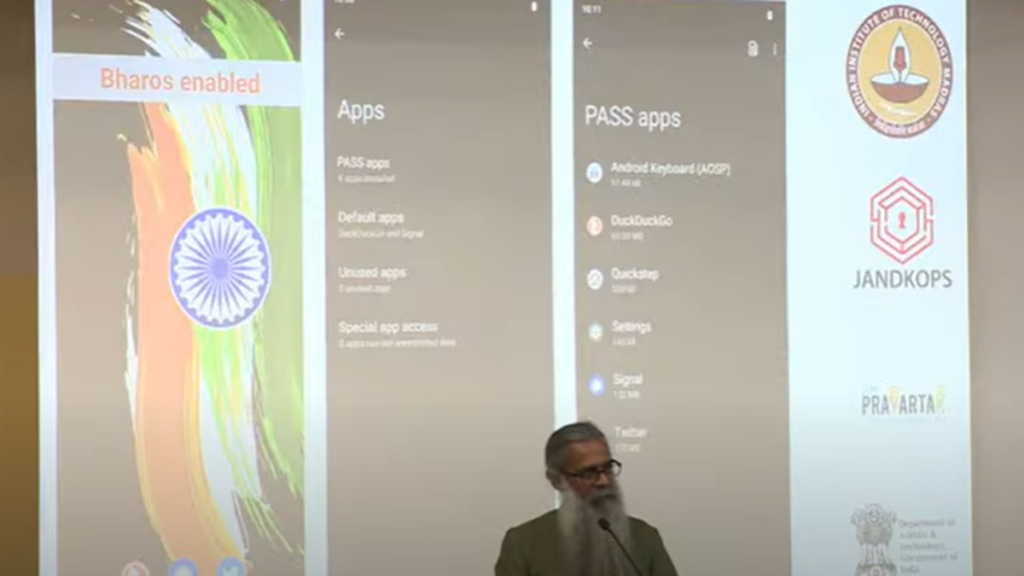Developing an operating system for mobile phones is no easy task, which is why alternatives to Android and iOS are few and far between. However, a firm called JandK Operations, incubated by IIT, has developed BharOS with the aim of being an alternative to Android. Let’s explore a few questions about BharOS.
What is BharOS?
BharOS is an operating system based on the Linux kernel, similar to Google’s Android. The main difference is that BharOS does not come with any pre-installed apps. Like Android, it has the look and feel of a Linux-based system, but it gives users the freedom to choose which apps they want to use and provide access to their data.
How does BharOS provide app access to users?
BharOS offers Private App Store Services (PASS), which is a curated list of apps that have undergone strict security and privacy checks. The firm claims that this ensures app safety.

Where is BharOS being used?
Currently, it is unclear who is using BharOS. However, the firm has granted access to certain organizations that have strict privacy and security requirements, whose users handle sensitive information that necessitates confidential communication through restricted apps on mobile devices.
When can we expect BharOS on mobile phones?
The timeline and process for BharOS to be available on smartphones is not yet clear. However, the firm has tested it on a Google Pixel phone. It is possible that BharOS developers will approach Android Original Equipment Manufacturers (OEMs), but whether they will embrace an alternative operating system remains uncertain.

What apps can BharOS run?
BharOS can run almost every Android app. However, it is unclear if apps that rely on Google Play Services will be compatible with BharOS.
Is BharOS a replacement for Android?
Not currently. The dominance of Android is expected to continue, so BharOS cannot be considered a replacement at this time.
